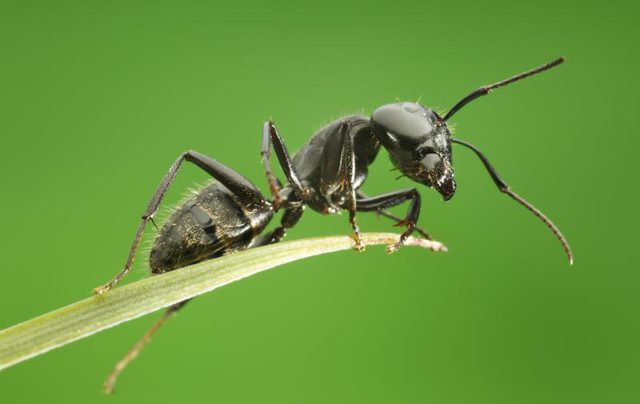Bulbs
Flower Basics
Flower Beds & Specialty Gardens
Flower Garden
Garden Furniture
Garden Gnomes
Garden Seeds
Garden Sheds
Garden Statues
Garden Tools & Supplies
Gardening Basics
Green & Organic
Groundcovers & Vines
Growing Annuals
Growing Basil
Growing Beans
Growing Berries
Growing Blueberries
Growing Cactus
Growing Corn
Growing Cotton
Growing Edibles
Growing Flowers
Growing Garlic
Growing Grapes
Growing Grass
Growing Herbs
Growing Jasmine
Growing Mint
Growing Mushrooms
Orchids
Growing Peanuts
Growing Perennials
Growing Plants
Growing Rosemary
Growing Roses
Growing Strawberries
Growing Sunflowers
Growing Thyme
Growing Tomatoes
Growing Tulips
Growing Vegetables
Herb Basics
Herb Garden
Indoor Growing
Landscaping Basics
Landscaping Patios
Landscaping Plants
Landscaping Shrubs
Landscaping Trees
Landscaping Walks & Pathways
Lawn Basics
Lawn Maintenance
Lawn Mowers
Lawn Ornaments
Lawn Planting
Lawn Tools
Outdoor Growing
Overall Landscape Planning
Pests, Weeds & Problems
Plant Basics
Rock Garden
Rose Garden
Shrubs
Soil
Specialty Gardens
Trees
Vegetable Garden
Yard Maintenance
How to Kill Ants in a Yard
How to Kill Ants in a Yard. With almost as many methods of ant control as there are species of ants, it's hard to know what to use when trying to rid your yard of this sometimes pest. While some home remedies might offer temporary relief, most only deal with the visible ants and not the colony. Truly effective ant control requires killing the...

With almost as many methods of ant control as there are species of ants, it's hard to know what to use when trying to rid your yard of this sometimes pest. While some home remedies might offer temporary relief, most only deal with the visible ants and not the colony. Truly effective ant control requires killing the entire colony and removing food sources that might encourage foraging ants to make your yard their home.
A Common Pest
With almost 10,000 different species in the world, ants are often one of the most frustrating yard pests that homeowners have to deal with. While most ants are more of a nuisance, causing unsightly mounds in the yard and feeding on tender plants, the fire ant can cause a threat to both humans and animals with their vicious bite. Pavement ants can displace the soil around patios, foundations and sidewalks causing unsightly cracks and loose paving stones.
Home Remedies
Most home remedies only kill the ants you see; what might work for one type of ant might not work for another. Apply caution when using home remedies so as not to damage plants or kill other useful insects. Borax mixed with sugar for the sweet eaters or peanut butter for the grease and protein eaters is an often used do-it-yourself bait. But the borax mixture can also kill your lawn and be harmful to pets that might ingest it. Boiling water poured on a nest is another remedy that might work to an extent, but could also damage grass and plants if not applied carefully.
Baits and Sprays
Ant bait offers the most effective way of treating an infestation. A bait with slow-acting poison gives worker ants enough time to carry the poison back to the nest. But since different ants are attracted to a host of baits, unless you accurately identified the ant, use both sugar-based baits and protein and grease baits around the yard. Sprays work when treating the nest itself or when spraying alongside patios and foundations, but these sprays can also harm tender plants or wildlife. Read the product label and pay attention to instructions for proper application and adhere to label warnings.
Effective Management
While baits and sprays go a long way toward freeing your yard of ants, stay diligent and practice basic housekeeping. Remove yard debris, fallen leaves and other items that make attractive ant habitats. Clean around patios and other hard surfaces to remove chemical ant trails, and then spray with a residual insecticide. Rain and watering makes baits and spray somewhat ineffective, so keep baits fresh and reapply sprays as necessary. Keep an eye out for signs of nests. Treat them as you find them to stay on top of this persistent pest.